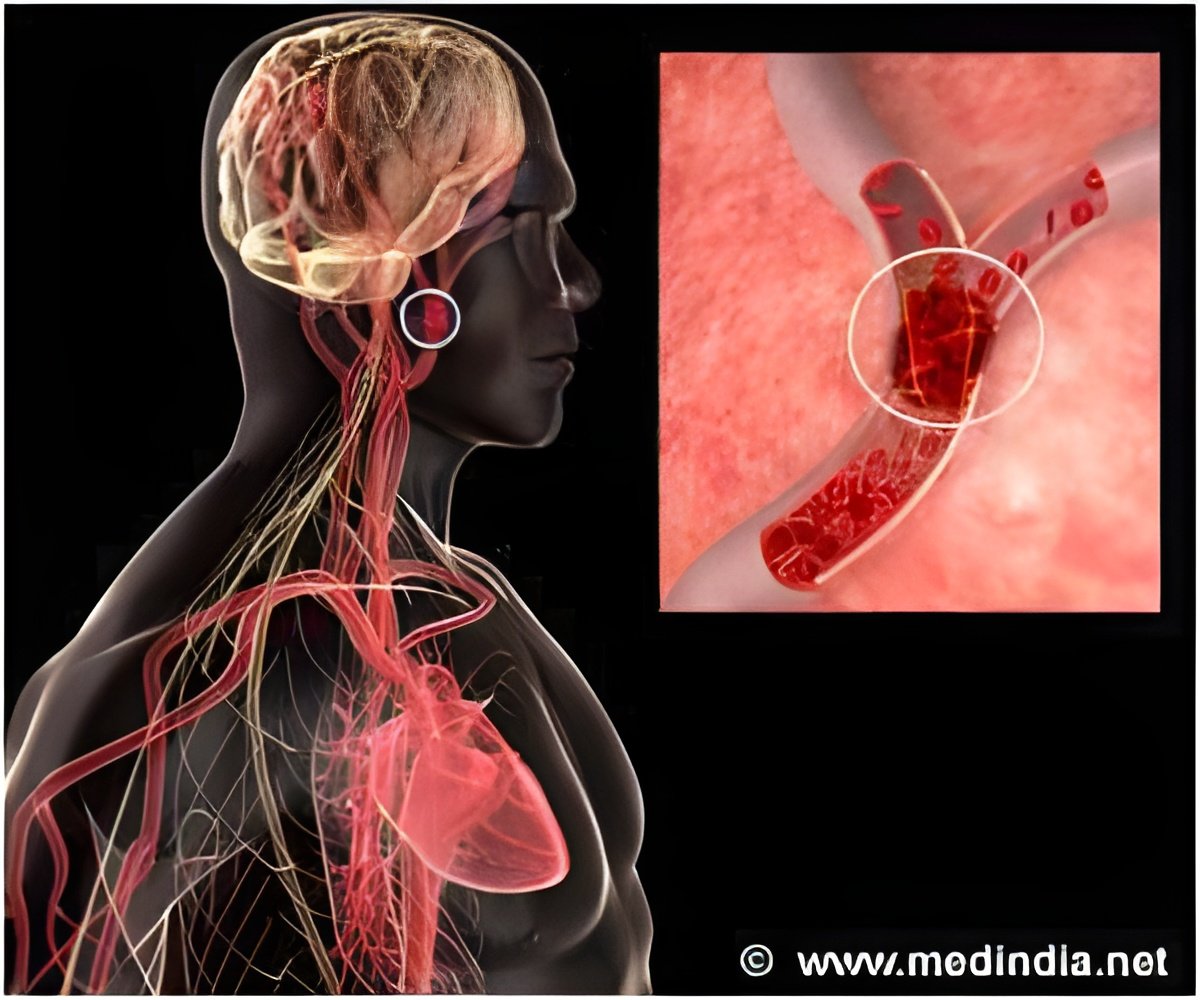
Between 532,000 and 852,000 persons ages 18 to 44 in the United States have had a stroke. U.S. hospital discharges for stroke among persons ages 15 to 44 increased 23-to-53 percent between 1995-1996 and 2007-2008, depending on age and gender of the group.
"The impact of strokes in this age group is devastating to the adolescent or young adult, their families and society," Biller said.
Biller is a member of an expert panel the American Academy of Neurology convened to develop a consensus report on the recognition, evaluation and management of ischemic stroke in young adults and adolescents.
About 85 percent of all strokes are ischemic, meaning they are caused by blockages that block blood flow to the brain. And more young people have risk factors for ischemic strokes. Those risks include high blood pressure, diabetes, obesity, abnormal cholesterol levels, congenital heart disease and smoking.
Strokes in young people have a disproportionally large economic impact, because they can disable patients before their most productive years. And while coping with the shock of having a stroke, "younger survivors may be dealing with relationships, careers and raising children – issues that require additional awareness and resources," the consensus report said.
Advertisement
Advertisement













